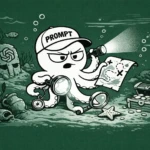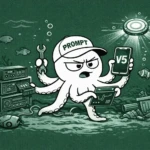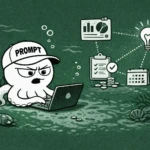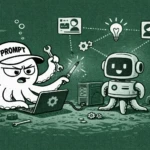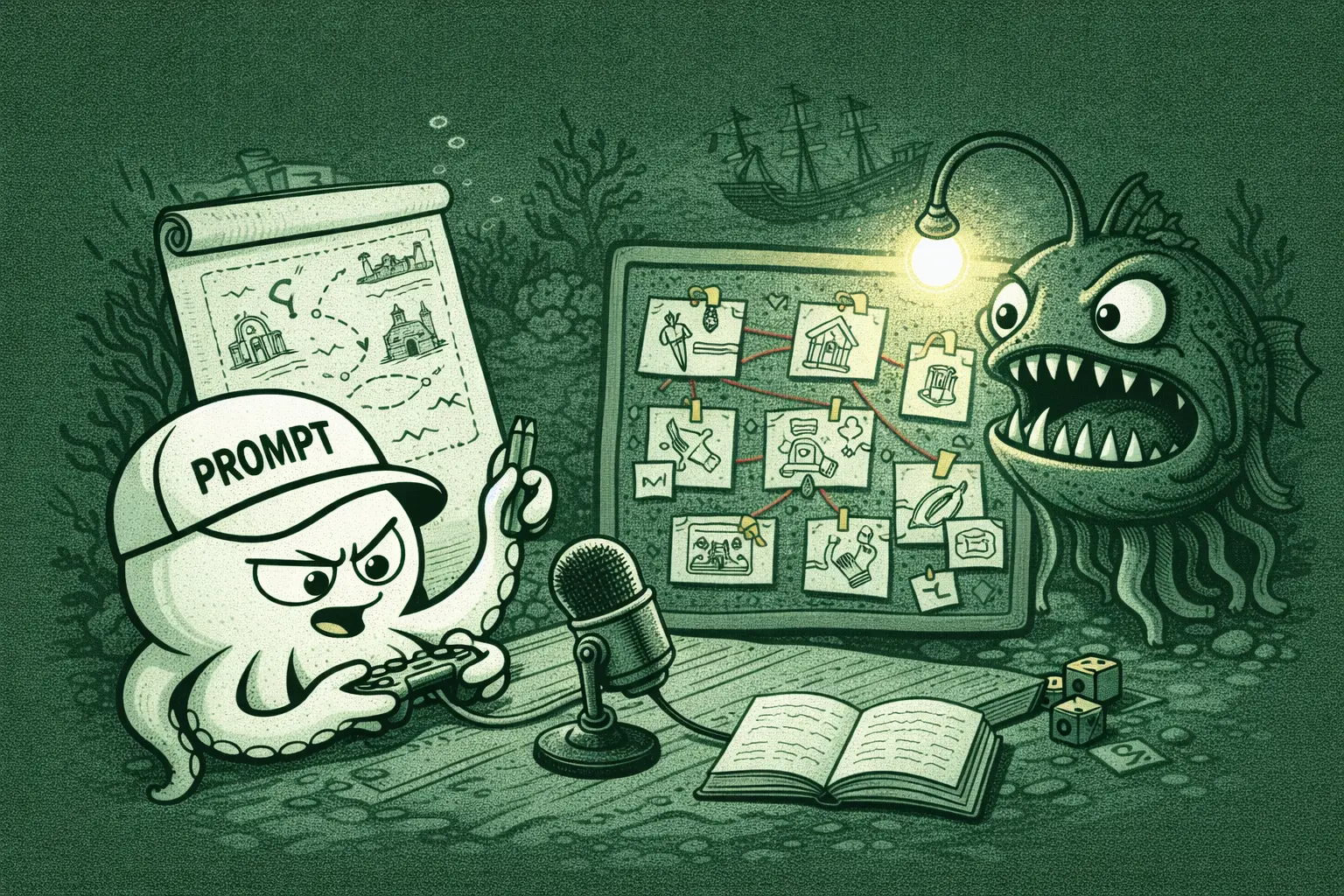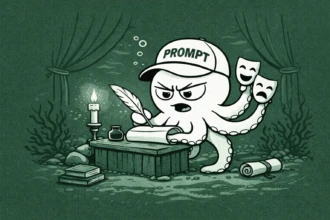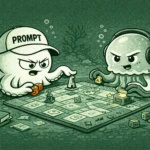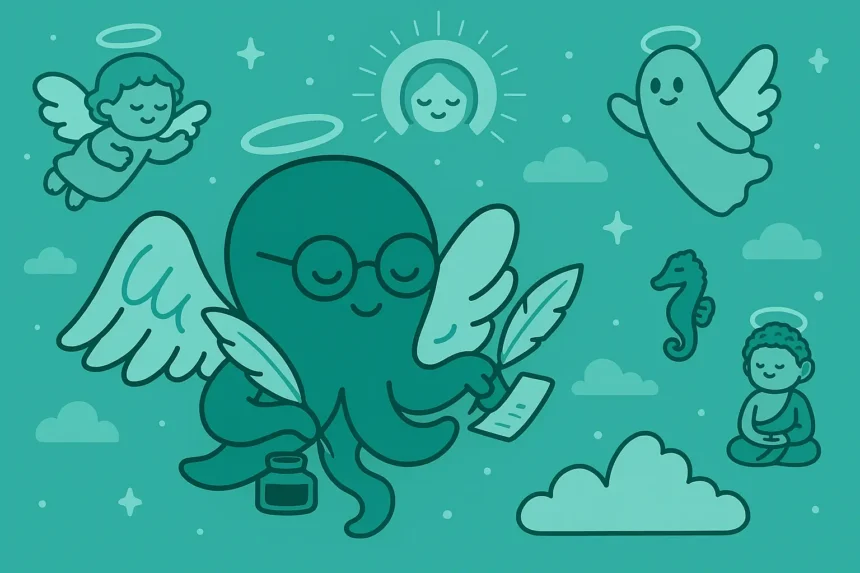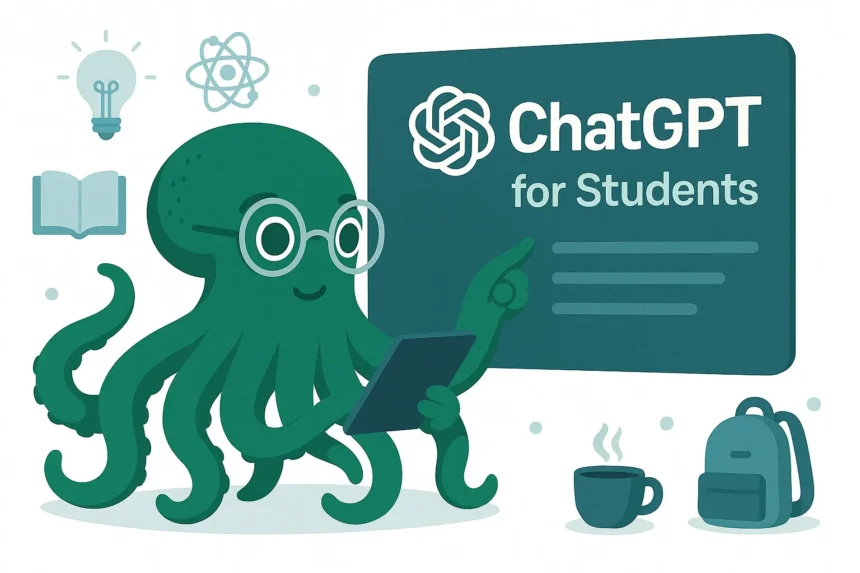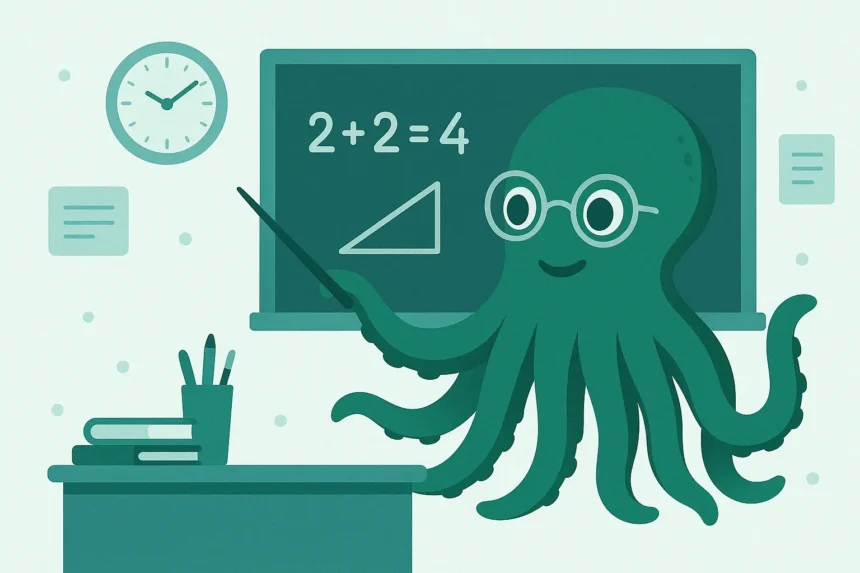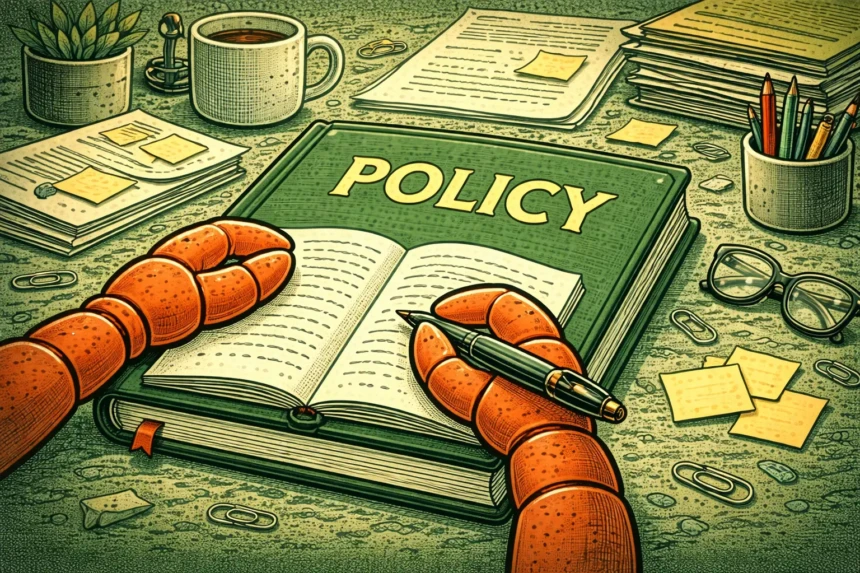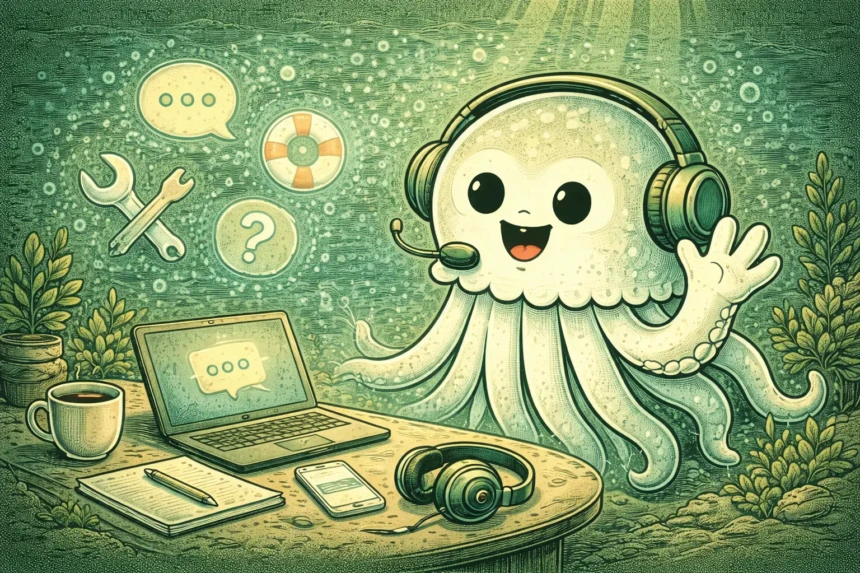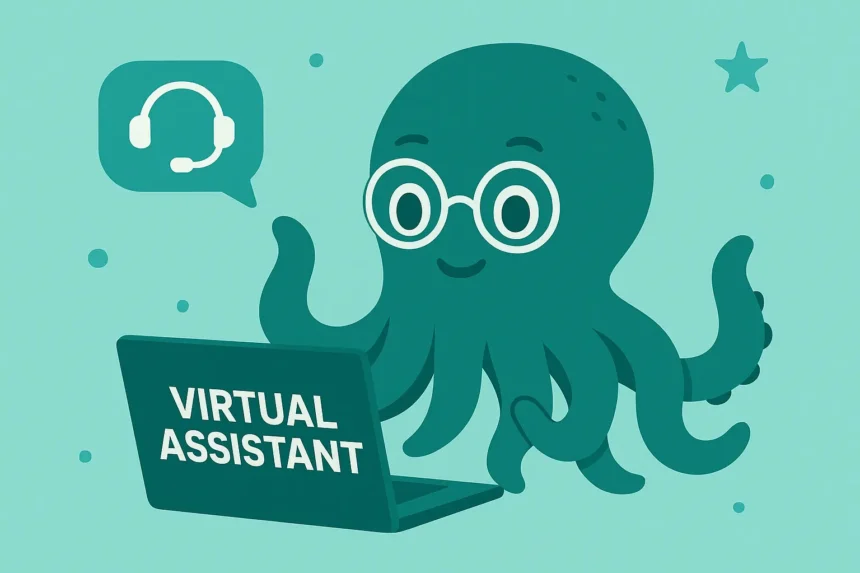Narrative design shapes how players experience stories in games.
- 1. Game Story Premise Generator Prompt
- 2. Character Arc Planning Prompt
- 3. Dialogue Branching Prompt
- 4. Lore & Backstory Builder Prompt
- 5. NPC Bio & Voice Prompt
- 6. Quest Storyline Prompt
- 7. Emotion Mapping Prompt
- 8. Game Ending Options Prompt
- 9. Narrative Puzzle Design Prompt
- 10. Narrative Tone Calibration Prompt
- How to Use These Prompts Effectively
- Conclusion
From branching dialogue to lore building and pacing—great narrative design needs planning.
These 10 ChatGPT prompts are made to help narrative designers brainstorm storylines, character arcs, and world lore quickly and creatively.
Let’s explore how to build stronger stories with AI.
Let’s jump in and start building better board games.
10 ChatGPT Prompts for Narrative Design
1. Game Story Premise Generator Prompt
#CONTEXT: You want to brainstorm original story premises for your game.
#GOAL: Generate 3-5 unique narrative concepts.
#RESPONSE GUIDELINES:
Mention genre: [insert genre, e.g., sci-fi, fantasy, horror]
Set tone: [insert tone, e.g., dark, light-hearted, gritty]
Include player role or perspective
Add themes or inspirations
Use for [insert game type or format]
#OUTPUT: List of 3-5 narrative design premises.ChatGPT Output
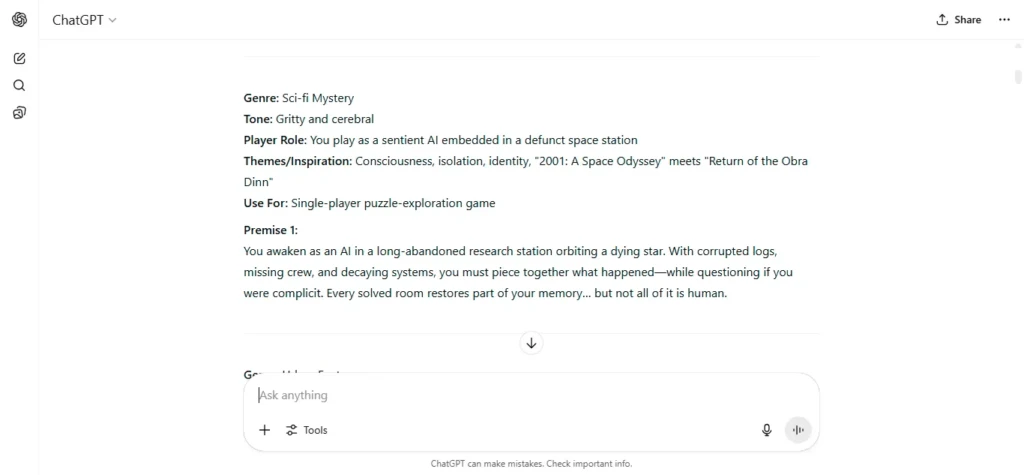
2. Character Arc Planning Prompt
#CONTEXT: You need help planning a character’s emotional and narrative arc.
#GOAL: Design a complete character arc.
#RESPONSE GUIDELINES:
Mention character background or role
Add tone and genre
Include beginning, midpoint, and end states
Set emotional focus: [insert focus, e.g., redemption, betrayal, growth]
Use for [insert medium or game type]
#OUTPUT: 1 full character arc outline.3. Dialogue Branching Prompt
#CONTEXT: You want help writing branching dialogue with multiple choices and consequences.
#GOAL: Create 1 interactive dialogue scene.
#RESPONSE GUIDELINES:
Set scene or setting: [insert scene location or event]
Mention character personalities involved
Add tone: [insert tone, e.g., serious, funny, suspenseful]
Include 2-3 player choices and their results
Use for [insert game system or type]
#OUTPUT: 1 branching dialogue scriptChatGPT Output
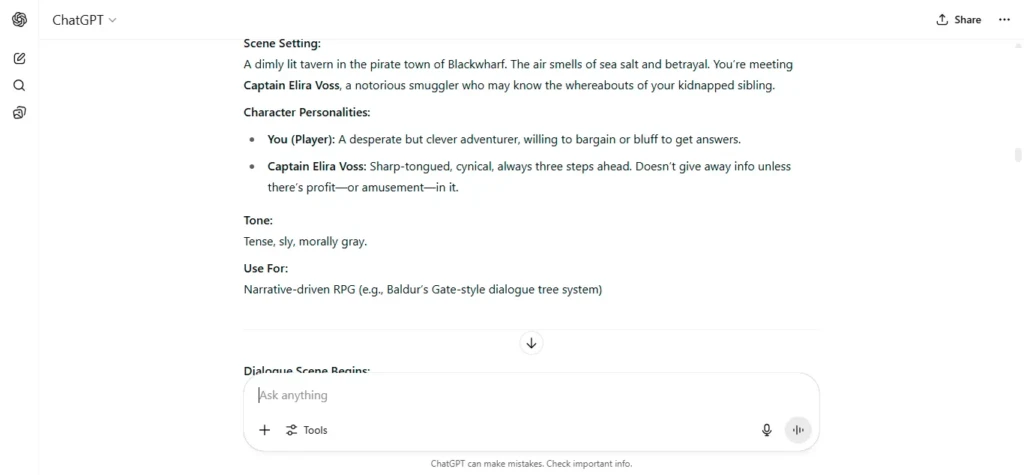
4. Lore & Backstory Builder Prompt
#CONTEXT: You want to enrich your game world with deep history or lore.
#GOAL: Generate 1-2 backstory or lore entries.
#RESPONSE GUIDELINES:
Mention the world/setting
Set historical tone: [insert tone, e.g., mythic, tragic]
Include key factions, wars, or events
Add cultural or magical influence
Use for [insert game or universe]
#OUTPUT: 1-2 lore entries (1 paragraph each)5. NPC Bio & Voice Prompt
ChatGPT AI Prompt:
#CONTEXT: You want to define unique NPCs for your narrative design.
#GOAL: Create 2 NPC profiles with voice and dialogue style.
#RESPONSE GUIDELINES:
Add role or function in the world
Mention age, background, and personality
Set tone: [insert tone]
Include speech style (quirky, gruff, formal, etc.)
Use for [insert quest/scene/game type]
#OUTPUT: 2 NPC bios with voice samples.ChatGPT Output
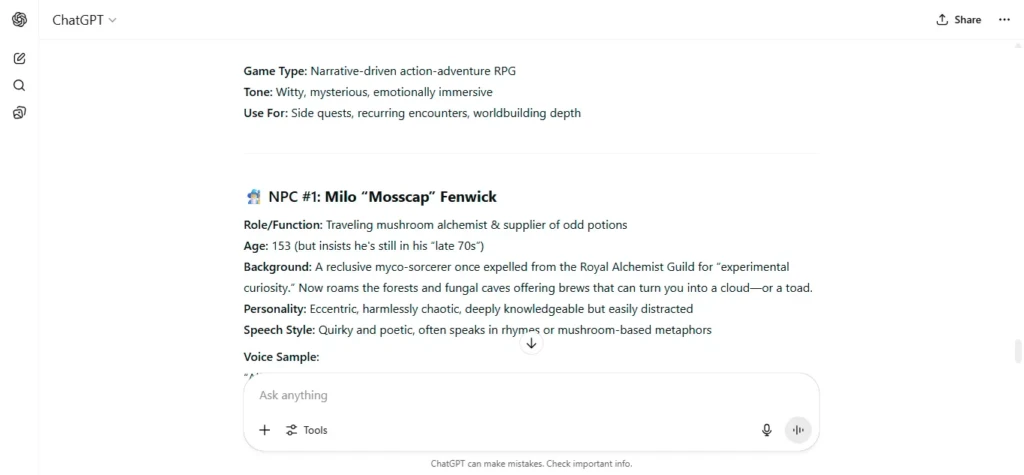
6. Quest Storyline Prompt
#CONTEXT: You want to build a story-driven quest that fits your narrative design.
#GOAL: Outline 1 narrative quest.
#RESPONSE GUIDELINES:
Mention quest objective or setting
Set tone: [insert tone]
Include beginning, middle, twist, and reward
Add player choice or moral moment
Use for [insert RPG/adventure/sandbox]
#OUTPUT: 1 quest outline with plot beats.7. Emotion Mapping Prompt
#CONTEXT: You want help mapping the emotional rhythm of a scene or storyline.
#GOAL: Create an emotion arc or timeline.
#RESPONSE GUIDELINES:
Mention the scene or story section
Add tone: [insert tone]
Include highs and lows in player experience
Set character state changes
Use for [insert act or chapter]
#OUTPUT: 1 emotional beat map or flow.ChatGPT Output
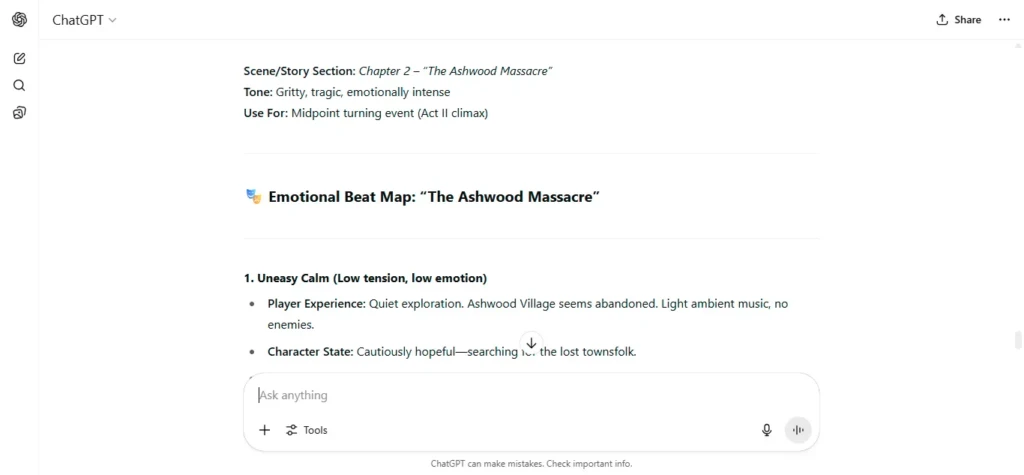
8. Game Ending Options Prompt
#CONTEXT: You want to design multiple endings for a story-rich game.
#GOAL: Generate 3 distinct game ending concepts.
#RESPONSE GUIDELINES:
Mention story type or protagonist
Include player choice or trigger events
Set tone: [insert tone, e.g., bittersweet, tragic, hopeful]
Define emotional goal
Use for [insert format or genre]
#OUTPUT: List of 3 game ending scenarios.9. Narrative Puzzle Design Prompt
#CONTEXT: You want to create puzzles tied directly to story progression.
#GOAL: Design 1-2 narrative-based puzzles.
#RESPONSE GUIDELINES:
Mention the story scene or theme
Add puzzle mechanics (riddles, codes, item use)
Set tone: [insert tone]
Include narrative hint or reward
Use for [insert gameplay moment or genre]
#OUTPUT: 1-2 story-integrated puzzle designs.ChatGPT Output
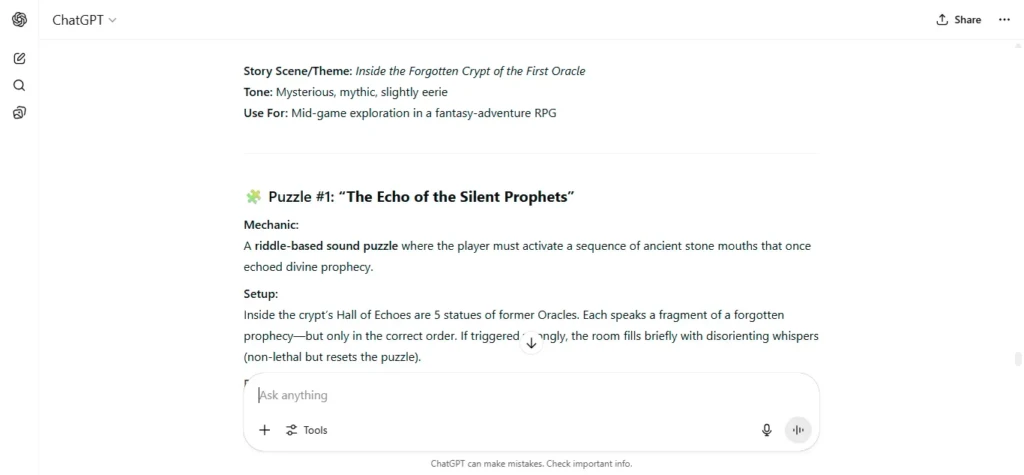
10. Narrative Tone Calibration Prompt
#CONTEXT: You want to make sure the tone of your story fits your game’s theme.
#GOAL: Analyze and adjust narrative tone.
#RESPONSE GUIDELINES:
Mention current tone and desired tone
Include examples of mismatched moments
Add player feedback if available
Set genre and emotional goals
Use for [insert rewrite or final pass]
#OUTPUT: Tone analysis and rewrite suggestions.How to Use These Prompts Effectively
Tailor each prompt. Fill in placeholders to match your genre, tone, and player type.
Work in layers. Use worldbuilding prompts first, then add arcs, dialogue, and endings.
Use ChatGPT like a writer’s room. It helps you iterate story ideas faster.
Save all versions. Early drafts can evolve into quests, lore, or bonus content.
Keep tone in check. Use the tone prompt to stay consistent across narrative beats.
Conclusion
Narrative design is about emotion, pacing, and immersion.
With these 10 ChatGPT prompts, you can write faster, deepen your world, and give players unforgettable stories.
Use them in your design toolkit and let your game stories shine.


